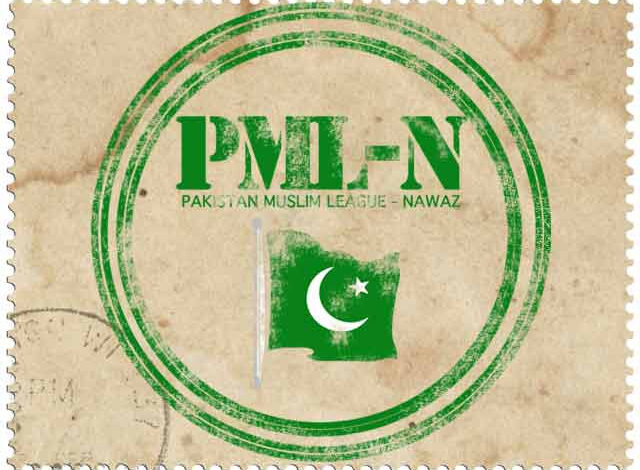The PML-N claims that Article 187 was misused.

Ahead of the hearing on its review appeal against the July 12 ruling regarding reserved seats, the Pakistan Muslim League-Nawaz (PML-N) on Wednesday filed more written arguments in the Supreme Court.
The supplementary submissions, which were filed through senior attorney Haris Azmat, contend that the July 12 judgment’s application of Article 187 was at odds with accepted legal precedents.
The party argued that the SC’s use of its authority under Article 187 had been inconsistent with accepted legal principles.
“While providing relief to the PTI, the Detailed Reasoning in Paragraph No. 117 has mistakenly relied on Article 187 of the Constitution. It said that because the aforementioned findings deviate from established jurisprudence, they may be subject to scrutiny.
The appeal further claimed that the aforementioned observations were made in violation of the SC’s established jurisprudence because no ruling or prior precedent was cited to support them.
Additionally, the ruling disregarded the fact that this was not a public interest petition under Article 184(3) but rather an appeal under Article 185(3) of the Constitution contesting a Peshawar High Court ruling.
Furthermore, since PTI was not included as a party before the SC or in the previous processes, the petitioner was not given the opportunity or right to be heard on the question of whether reserved seats could be awarded to the party.
The appeal further contended that the detailed reasoning disregarded the SC’s established jurisprudence in making the aforementioned remarks, especially with regard to the restrictions placed on the Court’s authority by Article 187 of the Constitution.
For instance, it referenced a ruling by the Supreme Court’s ten-member bench in Justice Qazi Faez Isa and Others v. President of Pakistan, where the majority opinion in paragraph No. 34 upheld the rule that no individual, body, tribunal, or court, whether acting in the exercise of executive or judicial authority, may act against another individual in violation of the law.
The appeal emphasized that the SC is similarly bound by this principle in the exercise of its judicial authority, including under Article 187(1) of the Constitution.
Although Article 187 permits the court to make any decision required to ensure full justice for all parties, it is not permitted to make any decisions that are in conflict with applicable statutes, constitutional requirements, or fundamental rights.
It was emphasized that this consistent legal stance was not taken into consideration in the conclusions reached in Paragraph No. 117 of the detailed judgment. Only between the parties before the Court and precisely in conformity with the law and the Constitution may the powers granted by Article 187 be exercised.
It was satisfied that these powers could not be used to revisit previously resolved issues or to deal with concerns that were not specifically being discussed. The clause does not provide the court unrestricted or uncontrolled power.
Noting that the arguments supporting the verdict were never included in the court file, the submission emphasized that Article 187 does not provide the court unrestricted authority. Additionally, it asserted that none of the 80 members of the SIC personally showed up for court.
It underlined that the court had emphasized in its eight-judge detailed opinion that the protection of the electorate’s right to vote, which is protected by Articles 17(2) and 19 of the Constitution, is the reason for PTI’s relief in this matter.
“The procedural formality of first accepting PTI’s application and then granting it the relief does not carry much weight where the Court’s concern is the protection of the right of vote of the people (the electorate) guaranteed under Articles 17(2) and 19 of the Constitution, more than the right of any political partywhether it be SIC or PTI or any other party,” the ruling stated.
But in its next appeal, the PML-N claimed that the aforementioned conclusions were “so shocking and surprising that even some of the other members of the bench recorded their separate reasoning on the same,” referring to the ruling that Justices Amin ud Din Khan and Naeem Akhtar Afghan had written.
Crucially, the PML-N insisted that SIC and PTI are not the same political organization.
It asked the supreme court to reexamine and amend its decision from July 12.
An 11-member Supreme Court constitutional bench led by Justice Aminuddin Khan will hear the matter today (Thursday).